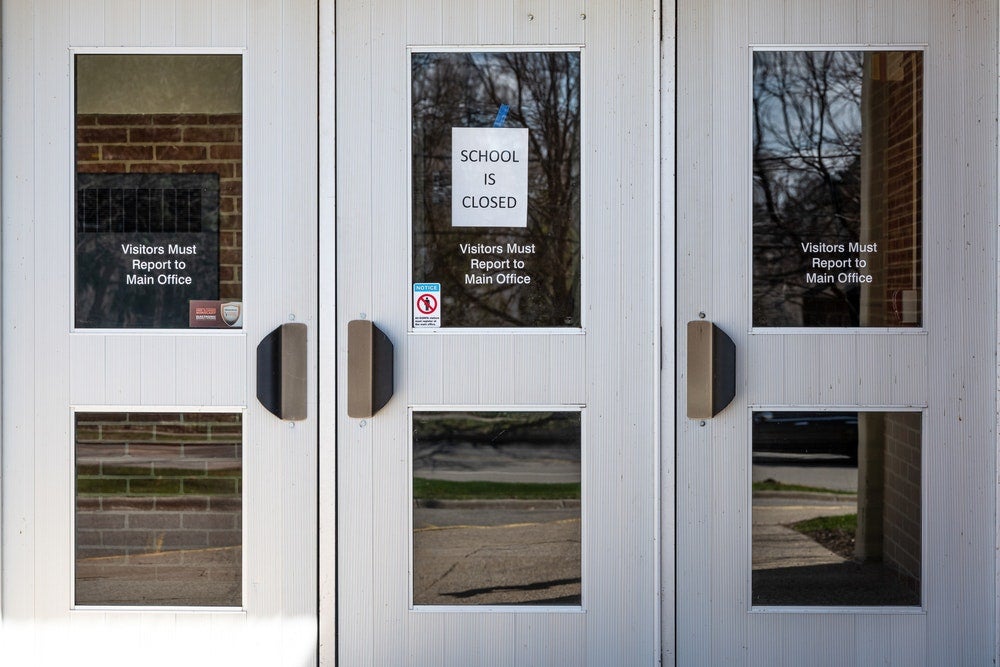While introducing a panel including L.A. Times columnist Sandy Banks and reporters Howard Blume and Paloma Esquivel, Annamarie Francois commended the paper’s coverage of schools in the COVID-19 pandemic for highlighting, “… the disproportionate impact COVID-19 has had on low-income students and their families, and to shine a light on the differences for students in more affluent communities.”
“There is a saying that journalism is the first draft of history,” said Francois, executive director of UCLA Center X. “Perhaps, it is also the first draft of research. And so, we are tremendously pleased to join tonight with journalists from the L.A. Times in a discussion of that first draft: the reporting of how the COVID pandemic is impacting students and their families and the implications for education and opportunity. Our hope is that the conversation will enhance our understanding of what is happening and hopefully generate some new ideas about how we’re going to come together to do something about it – do something about it now, do something about it in the future.”
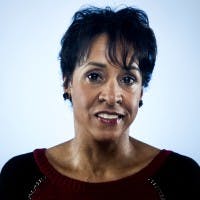
Banks moderated the webinar discussion, “The Issue is Equity,” which took place on Oct. 1. The talk focused on Esquivel and Blume’s groundbreaking work this year on the impact of the pandemic on K-12 schools in Los Angeles and the socioeconomic inequities it has highlighted so starkly. Also sharing their expertise were Debra Duardo (’13, EdD; ’96, MSW; ’94, BA, Women’s/Chicana Studies, Cum Laude), superintendent of the L.A. County Office of Education, and UCLA Professor of Education Tyrone Howard, who directs the UCLA Pritzker Center for Strengthening Children and Families and the Center for the Transformation of Schools at UCLA. This event was the second in a series by UCLA Ed & IS on “Schools in Light of COVID-19.”
In the discussion, Banks drew on her experiences as a former education reporter and the mother of three, one of whom is a schoolteacher.
“Equity has been an issue in education for decades,” she said. “This is a new level of equity issues because now, your very access to education in the era of COVID depends on skills and resources that are not evenly distributed.”

Blume delineated several aspects of what is now at stake in education, including how throughout his reporting this year, “… the coronavirus pandemic has exposed existing inequities and made them worse.”
“It’s always been true that lower-income families lacked adequate computers and adequate broadband at home, and to some degree, this deficit was always hindering students and these families,” said Blume. “But at least, they could attend classes on campus where schools and teachers could try to compensate for these disadvantages.
“But once the pandemic hit, the entire possibility for learning hinged on technology, and they did not have what they needed. Many families also could not provide a conducive learning environment within their home – it’s too crowded or too noisy, or whatever. But that real and existing problem mattered less when there was a campus to go to.”
Blume added that students have less or no academic motivation, having lost access to school counselors upon the closure of schools. He noted that in low-income families, younger children do not have the technical skills or attention span needed for remote learning, and older children have ended up shouldering adult responsibilities such as babysitting or taking jobs to help support their families. He said that low income families who live with the most challenges to their children’s education also are the most vulnerable to the pandemic.
“The same families that lacked technology, they also had poorer learning conditions at home,” he said. “The home was crowded, parents had to work so they couldn’t supervise. Those families were more likely to have COVID invade their families. They were more likely to have deaths.”
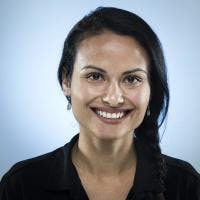
Esquivel, a veteran reporter whose first experience in writing about education came at the start of the pandemic, said that she was struck by the harsh realities of families needing food, shelter, digital devices and other basics, on top of dealing with a deadly virus.
“I remember in April, I went out to do a profile of a teacher at a middle school in Inglewood, and I kept calling her to talk about how she was doing her online classes,” said Esquivel. “She kept saying, ‘I can’t talk now, I have to go to school and distribute food.’
“I eventually went to the campus to sort of follow her around and just saw this long line of parents that were lined up to pick up food and I started talking to them. And every single one of them was talking about having lost a job. It really sort of hit me in that moment – we’re talking about the mechanics of distance learning – does the kid have a computer and internet access – and a lot of these families are in this moment, thinking about survival.”
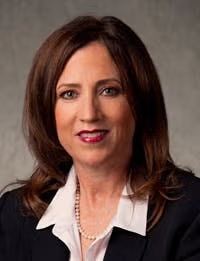
Duardo said that providing the basics were indeed the biggest challenge for schools, with the need to find funding in order to provide students with devices – which were often on backorder – food for not only students but their parents and other family members, and the emotional and mental health needs that have surfaced in the pandemic’s wake of fear and uncertainty.
“There’s no question that this pandemic is impacting children differently, and our children that are in poverty, and disproportionately Black and Latino … are really feeling the pain of this pandemic,” said Duardo. “One of the things we realized very early on is that families and communities relied on school in a very critical way, and not just for their instruction, but … to get resources, to get supports. For children, school was the safest place you could be and kind of get out of your world and get support for whatever you needed.
“We really needed to do a lot to make sure … that our children were safe, that they were being fed, that they had the devices that they needed, that our teachers had the devices and equipment that they needed, and to train everybody to learn in a way that they’ve never had to learn before and that was through distance learning.”
Professor Howard spoke about the ability for more affluent families to resort to pods and other more advantaged ways to cope with remote education. He said that one of his greatest frustrations is how despite all the data available that points to structural inequality, there is still a widespread belief that poverty and disadvantage is due to personal choices and lack of motivation.
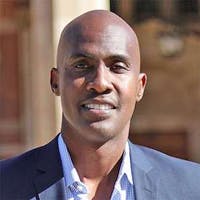
“I think we’re living in a moment right now that is Exhibit A of what structural inequality looks like, because this pandemic has exposed it,” said Howard. “I don’t begrudge the fact that families have the means to provide for their children by having learning pods and professional tutors and private tutors, paying them large sums of money.
“I just begrudge the fact that we have a system that allows it to happen, sees it happening, and knowing that we’re going to pay a significant price when we see large numbers of our students who are on the outside looking in when it comes to their academic achievements as well as the social-emotional [issues].”
Professor Howard called for collaboration to address inequality, with efforts among philanthropic organizations, elected officials, faith-based and community-based organizations. He gave as an example the Bruin Tutor Network, a corps of 500 UCLA undergraduate students who provide at least one hour a week of online tutoring to schoolchildren across L.A. County.
Howard also stated that parents and teachers need to be supported throughout this challenging time.
“We have lots of adults who are also struggling, frustrated, tired, feeling anxiety, feeling pressure, feeling depressed,” he said. “I’m talking to far too many teachers who are feeling stressed, who are feeling overworked, who are feeling overwhelmed, who are feeling undersupported. I just ask us not to neglect the needs of our adults at this moment because we know our children will only be as strong as the adult support systems that they have.”
This event was presented by the UCLA Graduate School of Education and Information Studies, with participation by the Los Angeles Times.
To view, “The Issue is Equity,” visit the UCLA Ed & IS YouTube channel.
